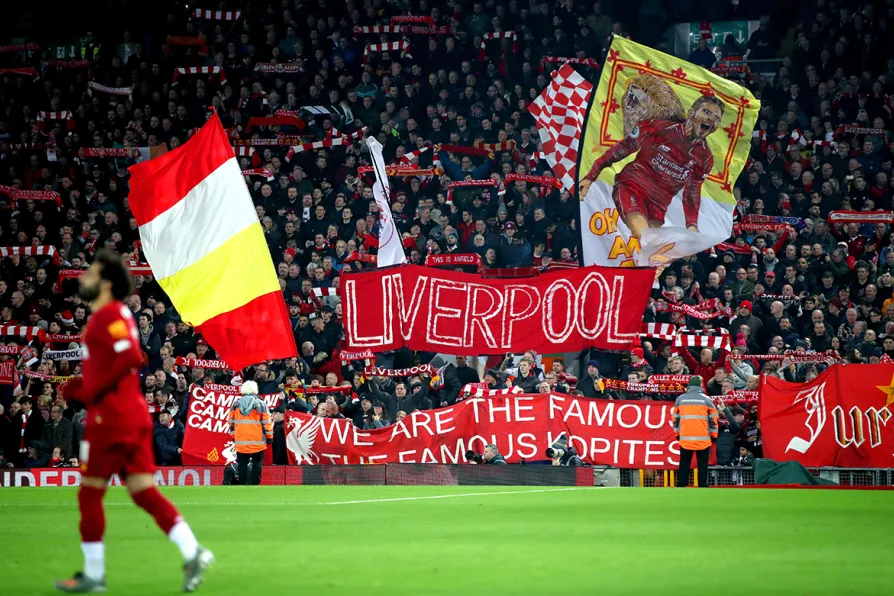

WITH no action on the pitch to fill the time, the news cycle and the social-media feeds, football clubs’ actions off the pitch are being increasingly scrutinised. The different facets of clubs, away from the sporting areas, are being examined.
Several billionaire-owned sides have received criticism for placing their staff on furlough and taking advantage of the government’s Coronavirus Job Retention Scheme. Due to their profile as European and world champions, Liverpool’s decision to use the scheme was met with the biggest wave of criticism and outrage.
Amid the furore was a considered open letter to Liverpool CEO Peter Moore from Liverpool supporters’ union Spirit of Shankly (SOS) which, while stating that they, and those they represent, believed the decision to be wrong, simply asked a number of questions to seek clarity on the decision.

With climate change, commercial overload and endless fixtures, footballers are being pushed to breaking point. It’s time their unions became a more powerful, unified force, writes JAMES NALTON

A new front in the fight for football’s soul is emerging — one rooted in trade union values and collective power












